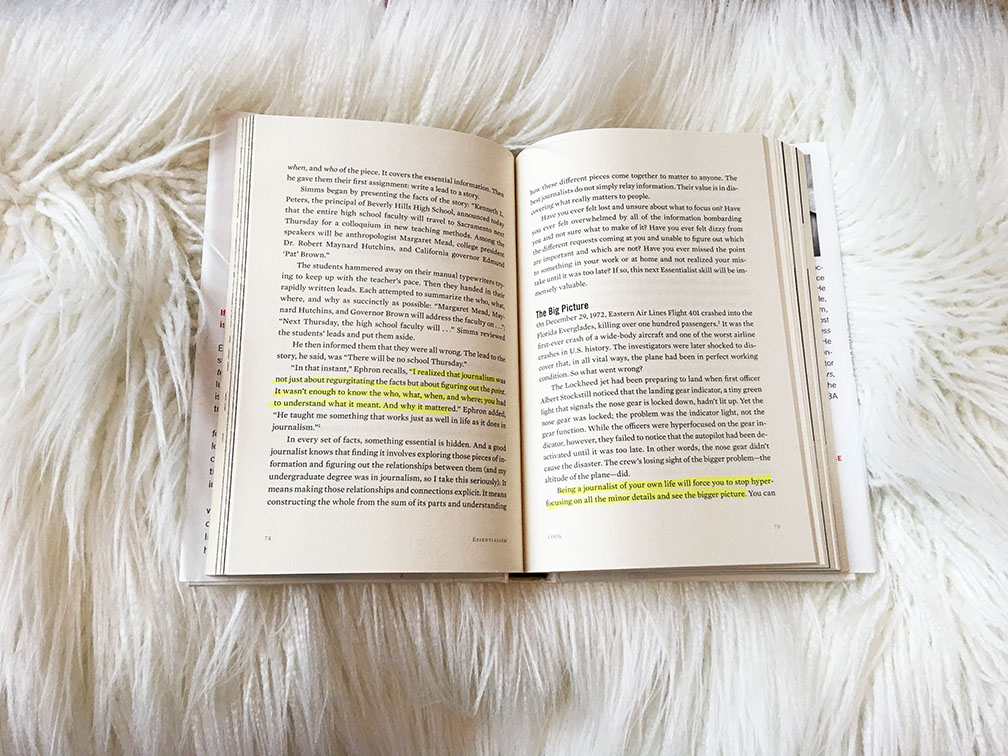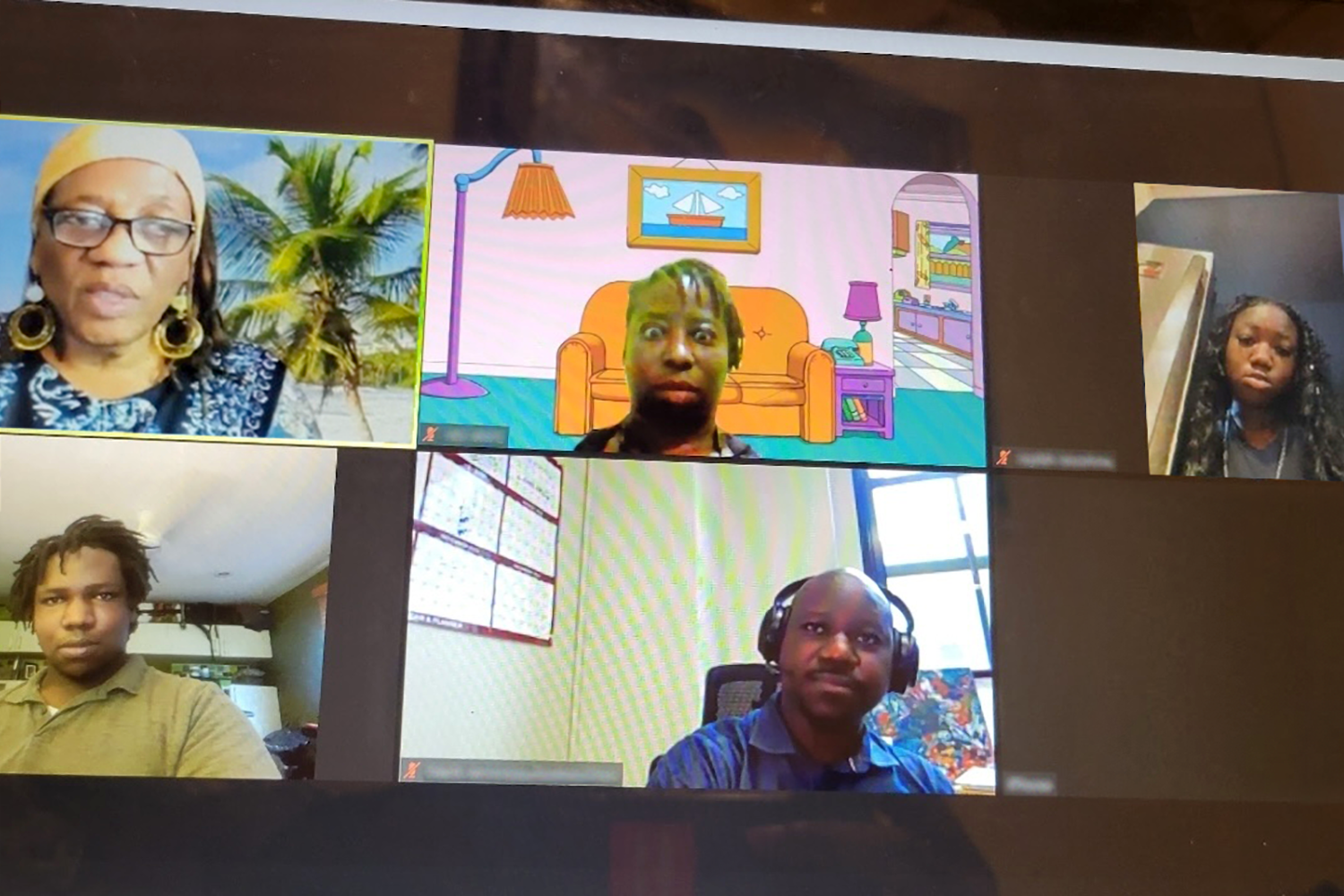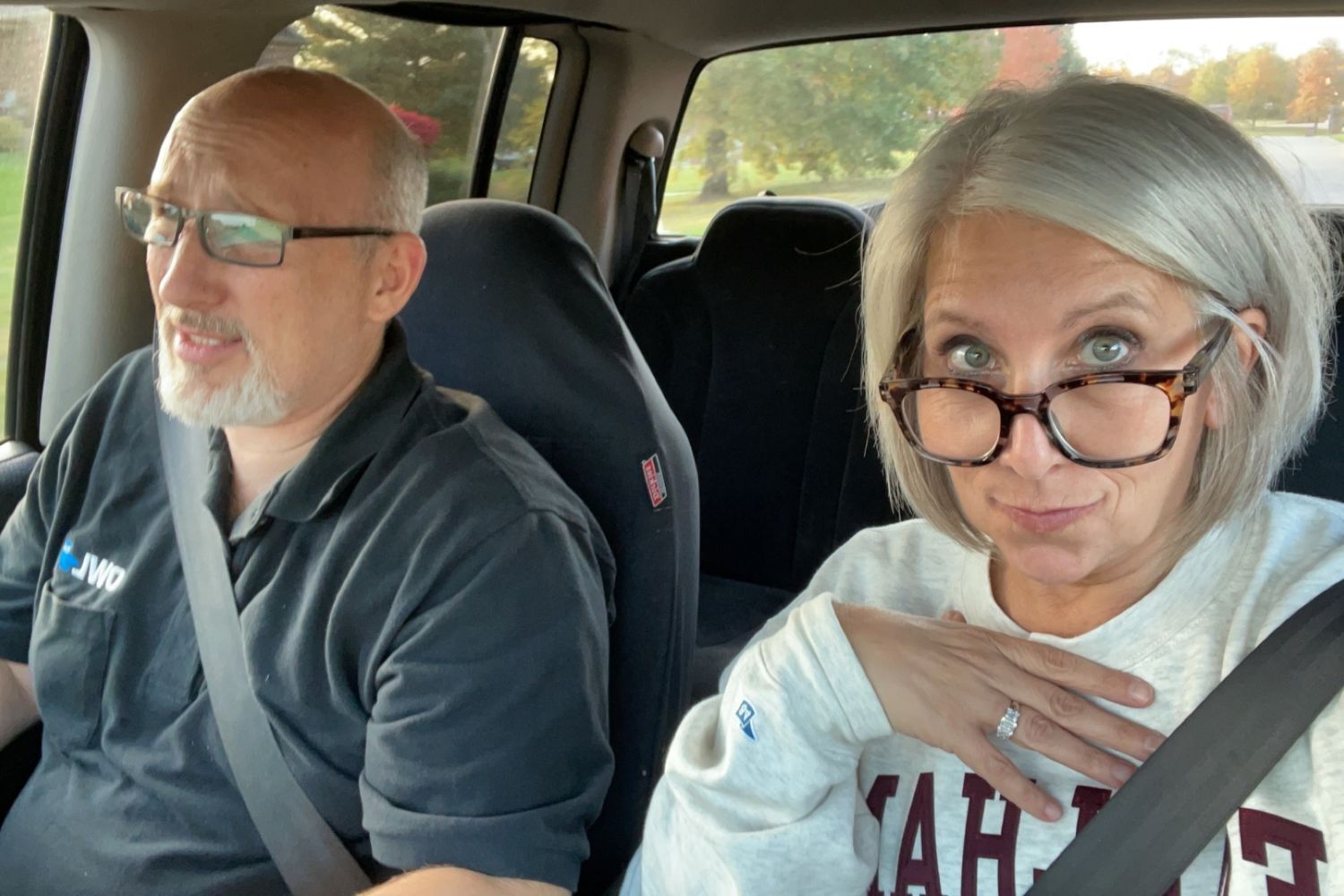
9 ways to save time and get to the point like an Essentialist
Did you know that the two primary internal motivators for people are achievement and recognition for achievement? And that progress — however small — is the most effective form of human motivation?
So, how do you get motivated to make progress in whatever it is you want to accomplish or change about your status quo? For many of the most focused folks on the planet, an Essentialist approach is at the heart of their approach to work and life.
Greg McKeown explains that Essentialism is about making the wisest possible investment of your time and energy in order to operate at your highest point of contribution by doing only what is essential.
In his book, Essentialism: The Disciplined Pursuit of Less, McKeown highlights the following examples of how leaders ranging from Nora Ephron to Steven Spielberg’s film editor and Twitter co-founder Jack Dorsey embrace Essentialism. Enjoy these excerpts from the book.

Nora Ephron got to the point by going to the heart of a story
Nora Ephron’s success as a writer and screenwriter had a lot to do with her ability to capture the essence of a story — a skill she honed in her earlier career as a journalist. “I realized that journalism was not just about regurgitating the facts but about figuring out the point. It wasn’t enough to know the who, what, when, and where; you had to understand what it meant. And why it mattered.” (page 74 of Essentialism)

Ferran Adrià cooks quality over quantity
Ferran Adrià, one of the world’s greatest chefs, owns El Bulli, one of the world’s most famous restaurants. El Bulli has somewhere in the range of 2 million requests for dinner reservations each year, but serves only 50 people per night and closes for six months of the year.
Warren Buffett bets heavily on companies he’s researched up and down
“Warren decided early in his career it would be impossible for him to make hundreds of right investment decisions, so he decided that he would invest only in the businesses that he was absolutely sure of, and then bet heavily on them. He owes 90% of his wealth to just 10 investments.”
— The Tao of Warren Buffett by Mary Buffett
Jim Collins leans into great ideas
Jim Collins, the author of the business classic Good to Great, was once told by Peter Drucker that he could either build a great company or build great ideas, but not both. Jim chose ideas. As a result of this trade-off, there are still only three full-time employees in his company, yet his ideas have reached tens of millions of people through his writing. (page 55 of Essentialism)
Greg McKeown writes his own rules
In order to write Essentialism, Greg McKeown, the author, blocked off eight hours a day to write: from 5 am–1 pm, five days a week. The basic rule was no e-mail, no calls, no appointments, and no interruptions until after 1 p.m. Although he didn’t always achieve it, the discipline made a big difference.
Mariam Semaan zeroed in on details others didn’t see
Award-winning journalist Mariam Semaan would read all the related news to a story she was working on and aim to spot the one piece of information that her fellow journalists had missed or hadn’t focused enough on. (page 80 of Essentialism)
Jack Dorsey hones his editing skills
Jack Dorsey, CEO of Twitter and Square, thinks of his role as being the chief editor of his companies, like this: “By editorial, I mean there are a thousand things we could be doing. But there [are] only one or two that are important. And all of these ideas … and inputs from engineers, support people, designers are going to constantly flood what we should be doing. … As an editor, I am constantly taking these inputs and deciding the one, or intersection of a few, that make sense for what we are doing.”
Michael Kahn goes for film gold
Film editor Michael Kahn doesn’t always do what Steven Spielberg tells him to do; he does what he thinks Spielberg really wants. Understanding the overarching intent of the film allows him to make the corrections that even Spielberg might not be able to verbalize.
Ray Zinn organizes his life in a way that helps him target the hard stuff first
Ray Zinn, the founder and CEO of Micrel, has followed an extraordinarily consistent routine for 35 years. He wakes up at 5:30 a.m. every day, exercises for an hour, eats breakfast at 7:30 am, arrives at work at 8:15. Dinner is at 6:30 pm with his family. Bedtime is 10 pm. To operate at his highest level of contribution throughout the day, his routine is governed by a single rule: “Focus on the hardest thing first.”
Learn more about Essentialism in 45 of the most actionable ways to become an Essentialist, a summary of the key points in the 246-page book.




